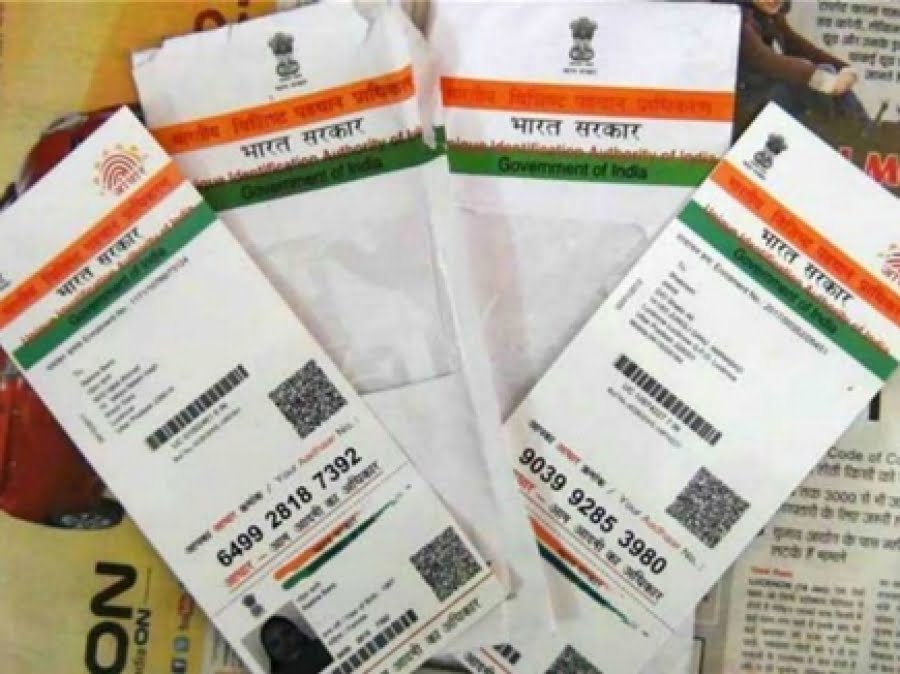The Unique Identification Authority of India (UIDAI) has revoked their access to e-KYC verification and authentication services to some of the fintech firms which are based on Aadhaar authentication for customer acquisition, as per media reports.

Fintech startups across the insurance, lending and broking sectors have reported non-access of the abovementioned services. As a result of the latest development, these firms will no longer be able to provide e-KYC upgradation to onboard new customers.
The Supreme Court had raised concerns regarding several unregulated entities accessing the database during the hearing on privacy concerns around Aadhaar. These services are expected to remain suspended till the conclusion of the case in the Supreme Court.
“We have stopped allowing private unregulated entities from using the Aadhaar database for authentication of their customer base till further notice from UIDAI. This has been done on the basis of the Supreme Court observation on March 27,”
said Ashok Hariharan, founder of IDfy, which provides authentication services on Aadhaar and electoral databases as a sub-authentication user agency or AUA for Khosla Labs.
What is the problem?
The fintech industry offers a number of services and has been relying on access to the Aadhaar database for quick customer verification. They relied on the network of AUAs registered with UIDAI as well as sub-AUAs to access this service.
Experts said as multiple fintech players mushroomed in this space, the UIDAI has not processed all their applications for registration, thereby forcing them, to use the services of the existing agencies.
With the growing fear around data privacy and protection of citizen data and the Supreme Court demanding answers for every breach of data, the authentication agents are denying the third-party companies access to data due to fear of leaks and public outrage.
What would be the impact?
E-KYCs and Aadhaar authentication are of crucial importance to these fintech companies as the recent RBI instructions require strict KYCs for them to function in the market.
This new development has not affected all fintech firms. It is only some who are facing this problem. UIDAI has not issued any clarification adding woes to the firms operating in the space.
Reacting to the development, Jitendra Gupta, founder of Citrus Pay and MD, PayU India, an online payments service, tweeted that KUAs and sub-KUAs were not being allowed validations which has left some firms scrambling.
Aadhar stopped all KUA and sub KUA to do validations!! Suddenly , all fintech businesses banking on Aadhar left scrambling!! India stack story will crumble very soon if it continues in this manner.@India_Stack @NandanNilekani @UIDAI
— Jitendra Gupta (@guptajiten) April 4, 2018
The denial of services would make e-KYC process expensive for fintech firms as the move will see an increase in operational costs for a period unknown to the players.
“It would be a huge deterrent to take financial services to the masses and affect the business model of mobile wallet companies,”
Gupta said.
Online stock brokers, who onboard clients through eKYC and online insurance agents, could also be affected.
While established fintech companies can get authentication registration from UIDAI in the future, early-stage startups might be left out, some fear.
On January 12, a number of industry executives formed a coalition to reach out to the Supreme Court to ensure that Aadhaar authentication for service providers do not get stopped.
“Aadhaar has brought down the costs of servicing all customers by ten times. Even fintech startups are willing to serve the poor with low-cost digital products. Today’s charged up the anti-Aadhaar atmosphere is hurting law-abiding startups and tipping the scales against inclusion,”
said Sanjay Jain, chief innovation officer at Centre for Innovation Incubation and Entrepreneurship at IIM Ahmedabad.
Introduction of new security features like virtual IDs will take away the fear of unregulated private companies storing the Aadhaar numbers of customers, but till that happens small startups will struggle to gain access to authentication services.
Also Read: Another Aadhaar data Leak: You just have to Google ‘Mera Aadhaar meri Pehchan’









